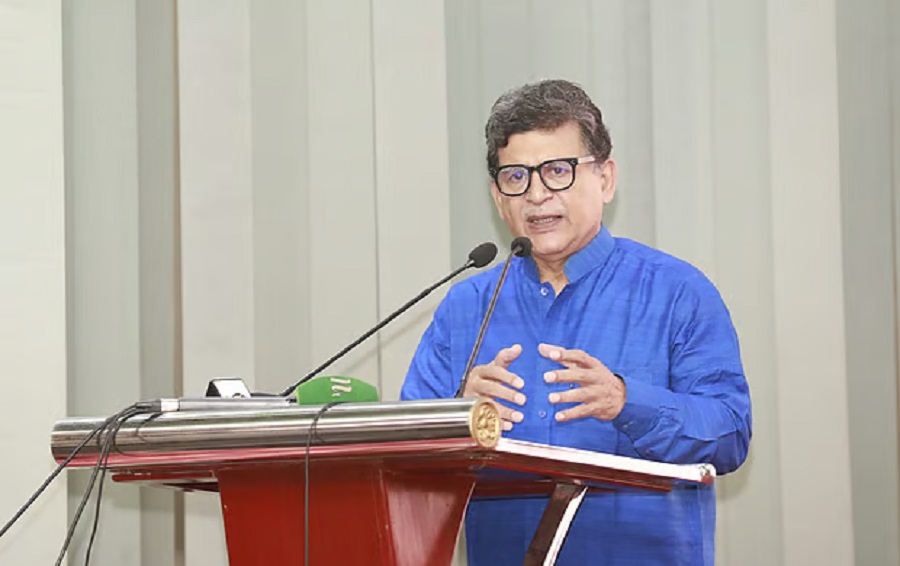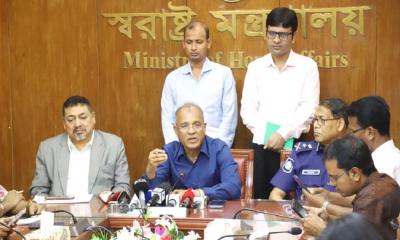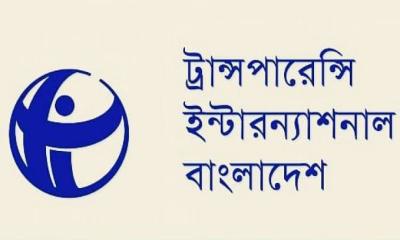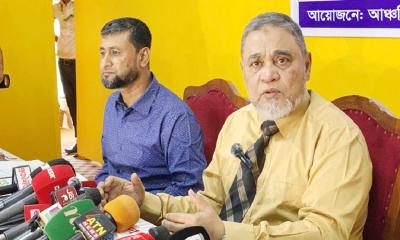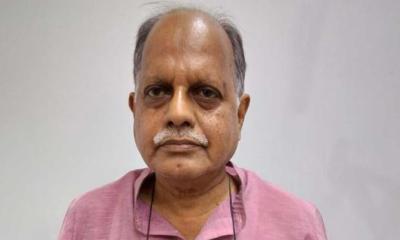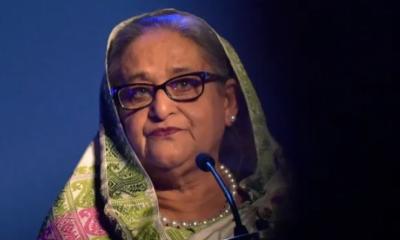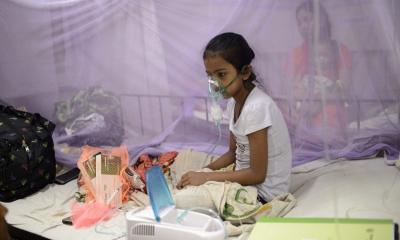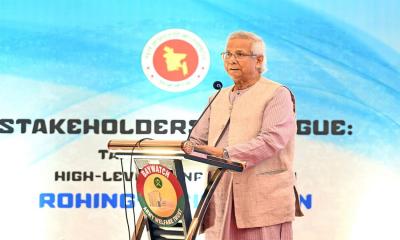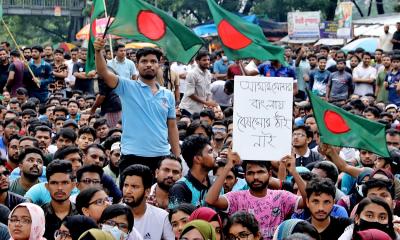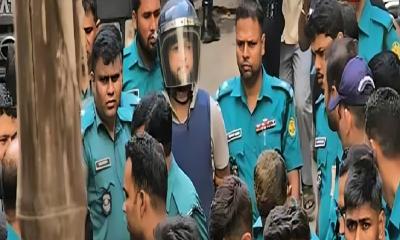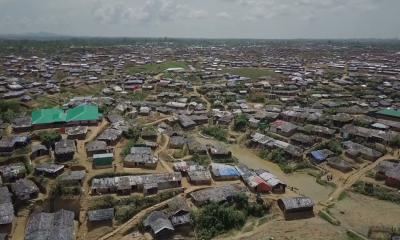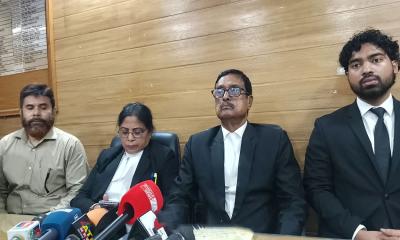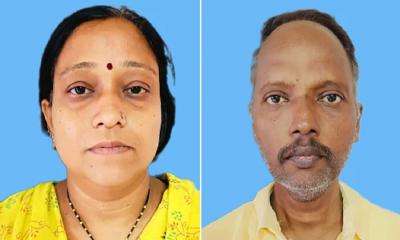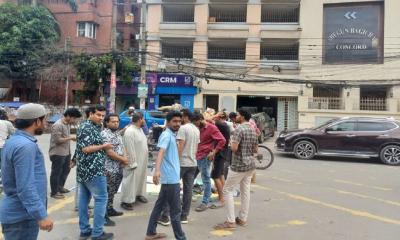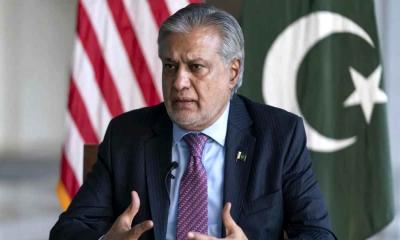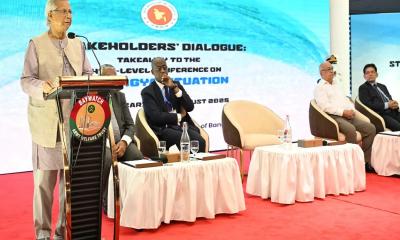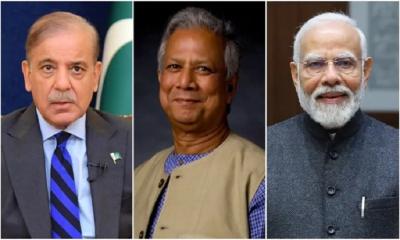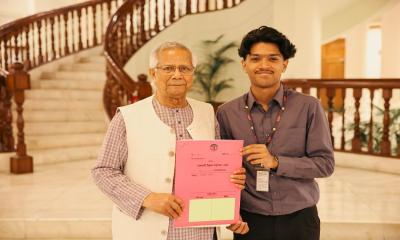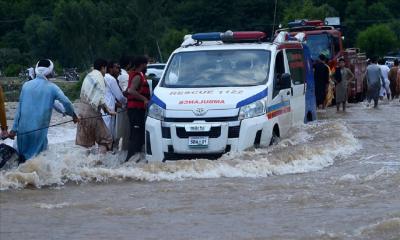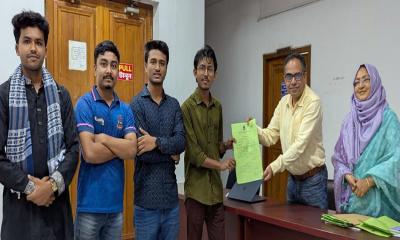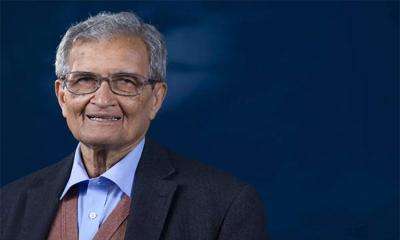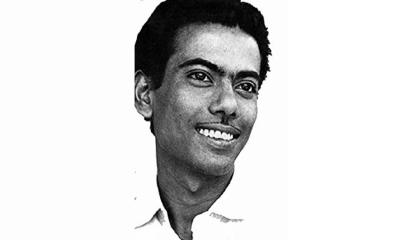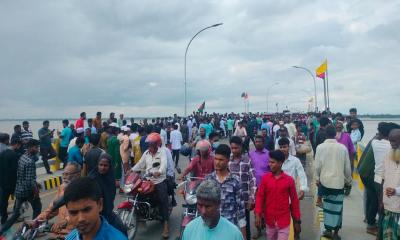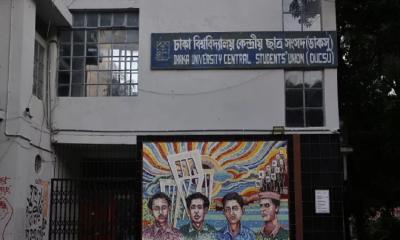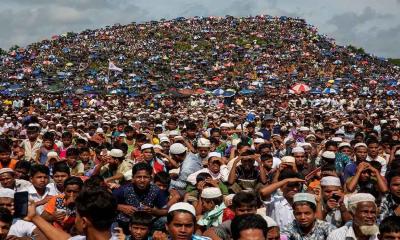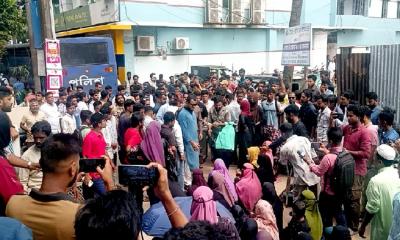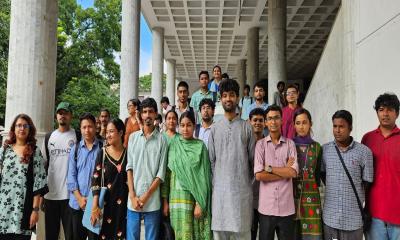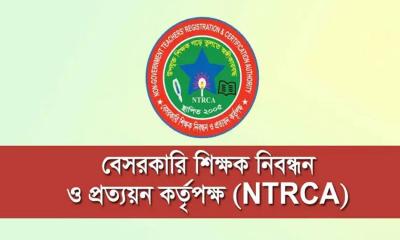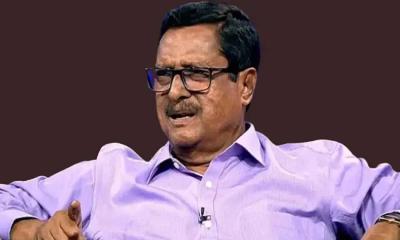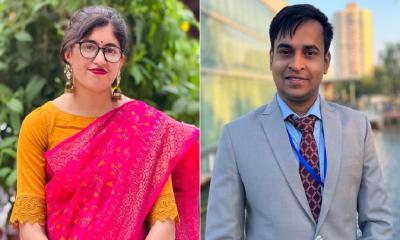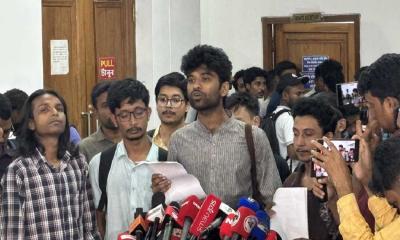Poverty in Bangladesh has not declined over the past three years; instead, it has increased significantly.
According to a study released on Monday by the private research organization Power and Participation Research Centre (PPRC), the national poverty rate now stands at 27.93%, nearly 28%, compared to 18.7% in 2022 based on government data.
The research, titled Economic Dynamics and Mood at Household Level in Mid-2025, was presented at an event held at the LGED auditorium in Agargaon, Dhaka. PPRC Executive Chairman Hossain Zillur Rahman highlighted various aspects of the study.
The study shows that extreme poverty has also increased. While the extreme poverty rate was 5.6% in 2022, it has risen to 9.35% in 2025.
The research notes that 18% of families remain at risk of falling into poverty at any time. The study was conducted in May this year, covering 33,207 individuals from 8,067 households.
PPRC noted that the country continues to face the effects of three major crises: COVID-19 (2020–2022), inflation, and political-economic uncertainty.
The research also observed that although bribery has decreased since August last year, it has not been eliminated entirely.
Before August, 8.54% of respondents paid bribes to access services, which declined to 3.69% after August. Bribery was most common in government offices, followed by police and political leaders.
The study found that urban households’ monthly incomes have decreased while expenses have risen. Currently, the average monthly income of an urban household is BDT 40,578, with expenses of BDT 44,961. In 2022, urban households earned BDT 45,578 per month on average.
In contrast, rural household incomes have slightly increased, with an average monthly income of BDT 29,205 and expenses of BDT 27,162, up from BDT 26,163 in 2022.
Nationally, the average household income stands at BDT 32,685 per month, with expenses almost equal at BDT 32,615, leaving negligible savings.
The PPRC study shows that households spend nearly 55% of their monthly expenses on food, averaging BDT 10,614. Other major expenditures include education (BDT 1,822), healthcare (BDT 1,556), transportation (BDT 1,478), and housing (BDT 1,089).
Hossain Zillur Rahman emphasized that while the caretaker government is focusing on the macroeconomy, it is vital to adopt a “people-centric lens” in economic planning. Discussions should go beyond GDP and include equity, justice, equality, and citizen welfare.
He also highlighted five critical risk areas facing the country. First, the rising burden of chronic diseases, which calls for the development of new social safety net programs. Second, the vulnerability of female-headed households, which require targeted support to ensure their well-being. Third, the increasing levels of household debt, posing serious economic challenges for many families. Fourth, the gradual growth of food insecurity, which threatens both nutrition and livelihoods. Finally, the persistent sanitation challenges, with nearly 36% of the population still relying on non-sanitary toilets, underscoring the urgent need to ensure safe sanitation in order to meet the Sustainable Development Goals within the next five years.
On employment, Rahman warned of an urgent employment crisis and high unemployment, calling for immediate discussion and action to address the issue.
This study paints a concerning picture of Bangladesh’s socio-economic situation, highlighting increasing poverty, rising household costs, and the growing need for targeted social and economic interventions.


